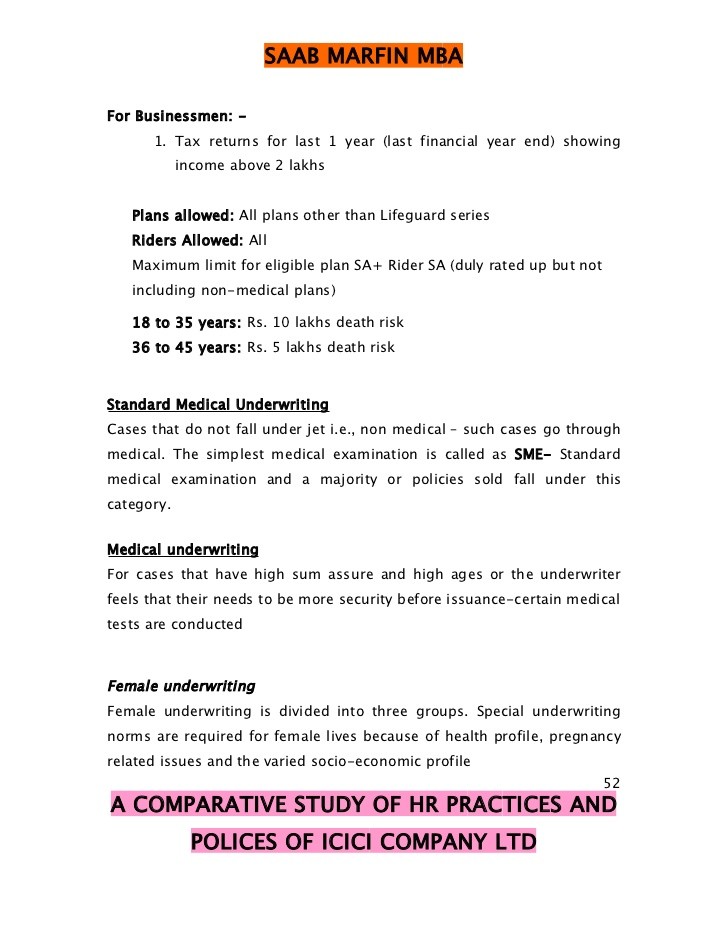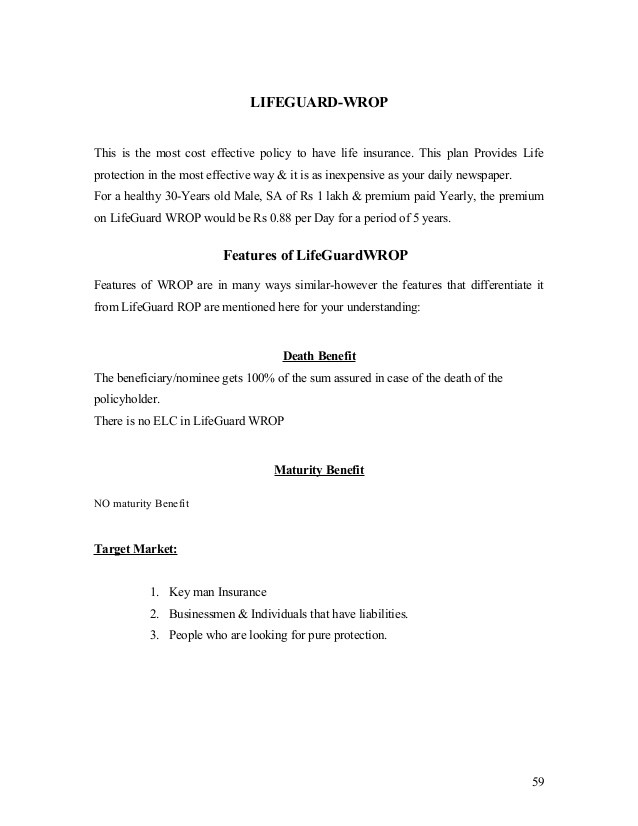Wealth Lifeguard Low Risk Safe and Secure Retirement Tax Estate Planning Advice!
Post on: 27 Август, 2015 No Comment

The NEW, Possible, Roth 401(k) Conversion Opportunities for 2013 and beyond!
Feel free to read it, if a nap is in your future! Or, let me break it down for you.
The Small Business Jobs Act of 2010 created a provision that allowed certain 401(k), and 403(b), plan participants to convert their plan funds to a Roth 401(k) or Roth 403(b). At the time, there was a big hurdle — you needed to be Eligible for a Distribution! This hurdle was removed with the American Taxpayer Relief Act of 2012. There are still two hurdles which need to be overcome though!
Two Hurdles to the Roth 401(k) Conversion Opportunity.
(1) Does the Plan Offer a Roth Option?
- Your plan must offer a designated Roth account as an option. Not every plan does or is required to! (2) Will the Plan Allow In-Plan Conversions?
- Once again, this is not a requirement. The additional record keeping required, along with the procedures, seems to deter most plans from offering this. — Call your current plan provider to get the answers to these 2 questions.
What problems are associated with making a Roth 401(k) Conversion:
(1) No Recharacterization Option for a Roth 401(k)!
- One of the biggest problems associated with this is the conversion is irrevocable. What if you realized you didn’t have the money to pay for the conversion (income tax) after all? Or, what if the designated Roth account went down in value after you converted? There is no flexibility to undo that transaction! — A Roth IRA Conversion allows this, but a Roth 401(k) does not. (2) No Investment Flexibility!
- You will be stuck with the same investment choices as your current 401(k) account, or limited choices. Although some plans allow participants more investment choices than others, under many plans clients are restricted to a couple dozen or so options. — A Roth IRA Conversion will allow for greater investment flexibility! You can invest in stocks, bonds, mutual funds, real estate, annuities, and more — whatever is most appropriate given your circumstances. (3) Required Minimum Distributions (RMDs)!
- A t age 70, you will need to begin taking RMDs from the designated Roth 401(k) account. If you are still working at that time, you may be able to defer RMDs until December 31 of the year you retire. — Roth IRAs do not have any RMDs during an account owners lifetime. They allow you to choose when you would like your Tax-free income! (4) Each Roth 401(k) Account has it own 5-year clock!
- O nce you reach age 59, and have held each Roth 401(k) for five years, all future distributions from each Roth 401(k) a re completely tax and penalty free. — If you have multiple company plans with Roth funds, you will have to keep track of each of these clocks separately. Further complicating the matter, when Roth 401(k) accounts are transferred to one another, the five-year clock that applies depends not only on the plans themselves, but also on how the funds are transferred (i.e. 60-day rollover or direct transfer). — If those same plans are moved to a Roth IRA later, regardless of how long they were held in a Roth 401(k) or how they are moved, a new five-year clock starts (if this is your first Roth IRA). Usually happens once someone leaves their company and would like more investment choices! — When you establish your first Roth IRA, a five-year clock begins to tick. This clock is shared by all the Roth IRAs. As such, once you reach age 59 and have held any Roth IRA for five years, all future distributions from any Roth IRA you own are completely tax and penalty free. You do not want to pay penalties!
What to do if you would like to do a Roth 401(k) Conversion.
Make sure to discuss this with a Fiduciary Advisor who specializes in Tax Planning and Roth Conversion Strategies. Also verify they are part of the Ed Slott Elite Advisory Group who have access to up-to-date Expert Tax advice from Ed Slott 2. CPA and Company. Schneider Wealth Management does all of this! Let us know how we can help. Every situation is different and remember the conversion amount is added to your Gross Income — as if you have received it!
1 U.S. Federal Reserve Chairman Ben Bernanke addresses U.S. monetary policy and uses the phrase Fiscal Cliff with reporters at the Federal Reserve in Washington September 13, 2012.

2 Ed Slott, CPA — Ed Slott was named as The Best source for IRA advice by The Wall Street Journal and called Americas IRA Expert by Mutual Funds Magazine. He is a past Chairman of the New York State Society of CPAs Estate Planning Committee and editor of the IRA Planning section of The CPA Journal. Mr. Slott is the recipient of the prestigious Excellence in Estate Planning and Outstanding Service awards presented by The Foundation for Accounting Education. He is a former Board member of The Estate Planning Council of New York City.
Additional Sources:
www.gpo.gov/fdsys/pkg/BILLS-112hr8eas/pdf/BILLS-112hr8eas.pdf
- The Slott Report Newsletter — November, 2010
- The Slott Report Blog — Wednesday, January 02, 2013 — Taxpayer Relief Act of 2012: 5 Key 2013 Retirement Planning Points
media.cmgdigital.com/shared/news/documents/2013/01/01/American_Taxpayer_Relief_Act.pdf
blogs.ajc.com/jamie-dupree-washington-insider/2013/01/01/more-details-of-fiscal-cliff-deal/?cp=2
thomas.loc.gov/home/gpoxmlc112/h8_eas.xml#toc-idF8A4343BD1434765A8C80101BF5B5A46














